15 results in Yale Classical Studies
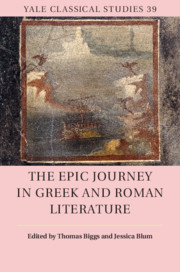
The Epic Journey in Greek and Roman Literature
-
- Published online:
- 31 May 2019
- Print publication:
- 23 May 2019
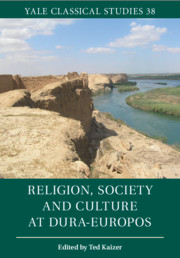
Religion, Society and Culture at Dura-Europos
-
- Published online:
- 18 November 2016
- Print publication:
- 17 November 2016
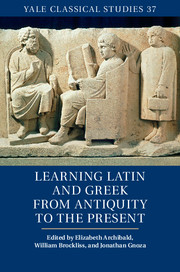
Learning Latin and Greek from Antiquity to the Present
-
- Published online:
- 05 March 2015
- Print publication:
- 26 February 2015
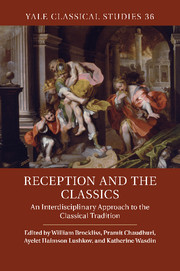
Reception and the Classics
- An Interdisciplinary Approach to the Classical Tradition
-
- Published online:
- 05 December 2011
- Print publication:
- 08 December 2011
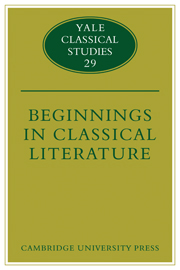
Beginnings in Classical Literature
-
- Published online:
- 10 January 2011
- Print publication:
- 26 March 1992
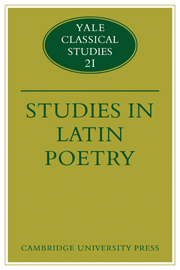
Studies in Latin Poetry
-
- Published online:
- 10 January 2011
- Print publication:
- 02 October 1969
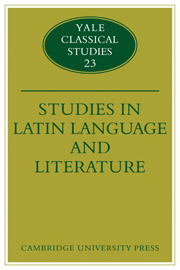
Studies in Latin Language and Literature
-
- Published online:
- 10 January 2011
- Print publication:
- 19 July 1973
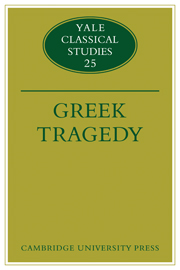
Greek Tragedy
-
- Published online:
- 10 January 2011
- Print publication:
- 28 January 1977
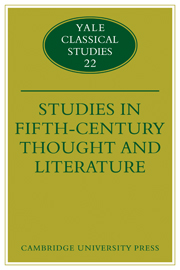
Studies in Fifth Century Thought and Literature
-
- Published online:
- 10 January 2011
- Print publication:
- 20 July 1972
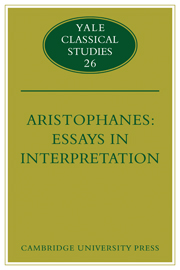
Aristophanes: Essays in Interpretation
-
- Published online:
- 10 January 2011
- Print publication:
- 31 March 1981
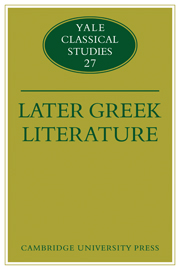
Later Greek Literature
-
- Published online:
- 06 December 2010
- Print publication:
- 31 May 1982
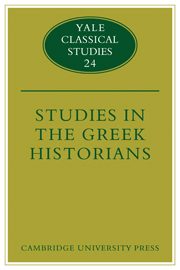
Studies in the Greek Historians
-
- Published online:
- 06 December 2010
- Print publication:
- 11 September 1975
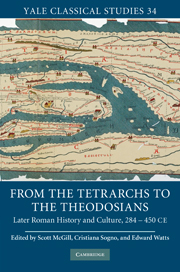
From the Tetrarchs to the Theodosians
- Later Roman History and Culture, 284–450 CE
-
- Published online:
- 04 August 2010
- Print publication:
- 01 April 2010
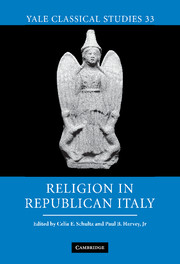
Religion in Republican Italy
-
- Published online:
- 08 January 2010
- Print publication:
- 14 December 2006
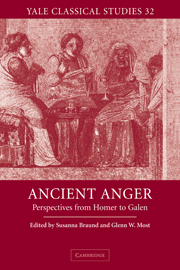
Ancient Anger
- Perspectives from Homer to Galen
-
- Published online:
- 22 September 2009
- Print publication:
- 15 January 2004

